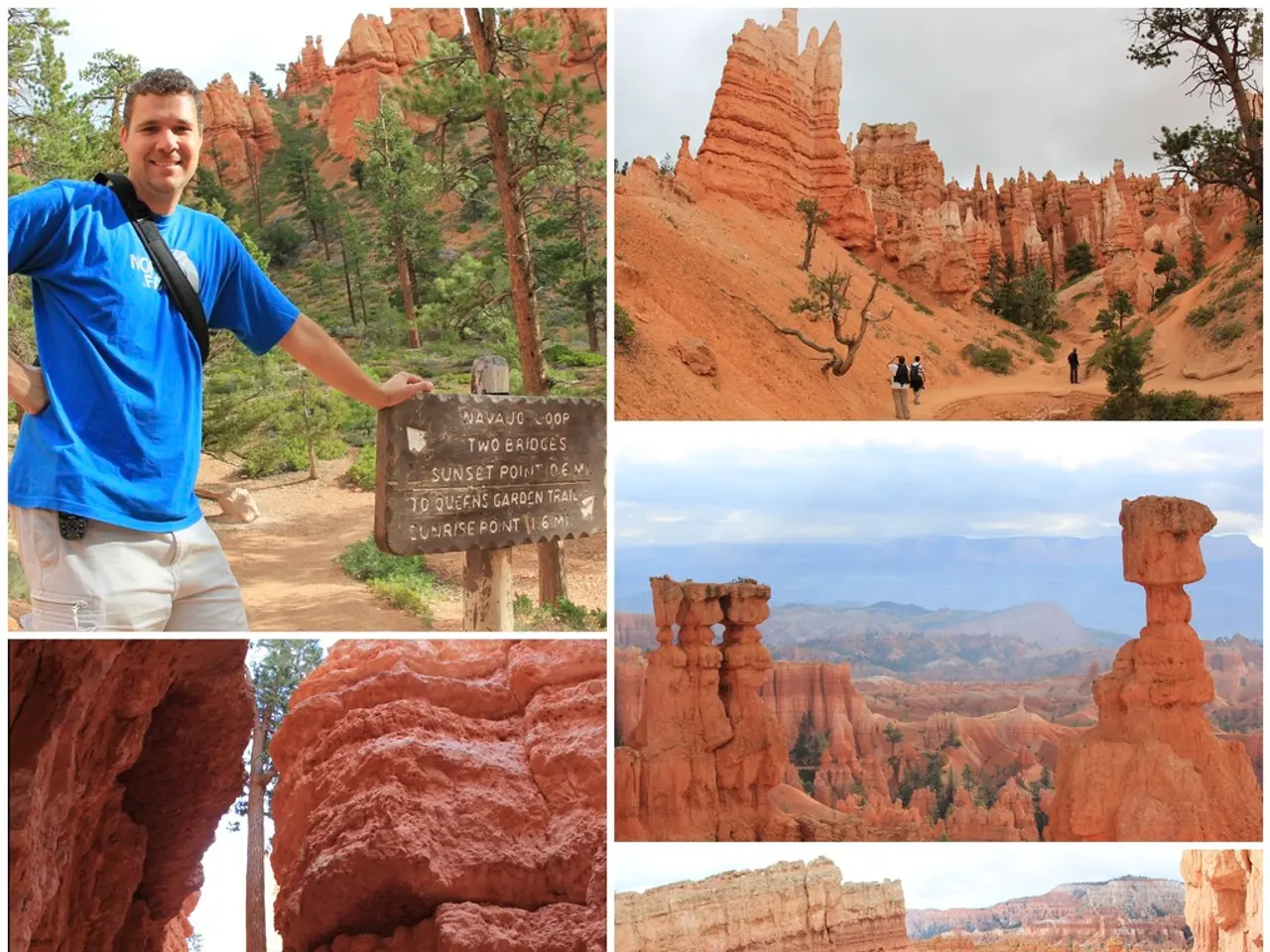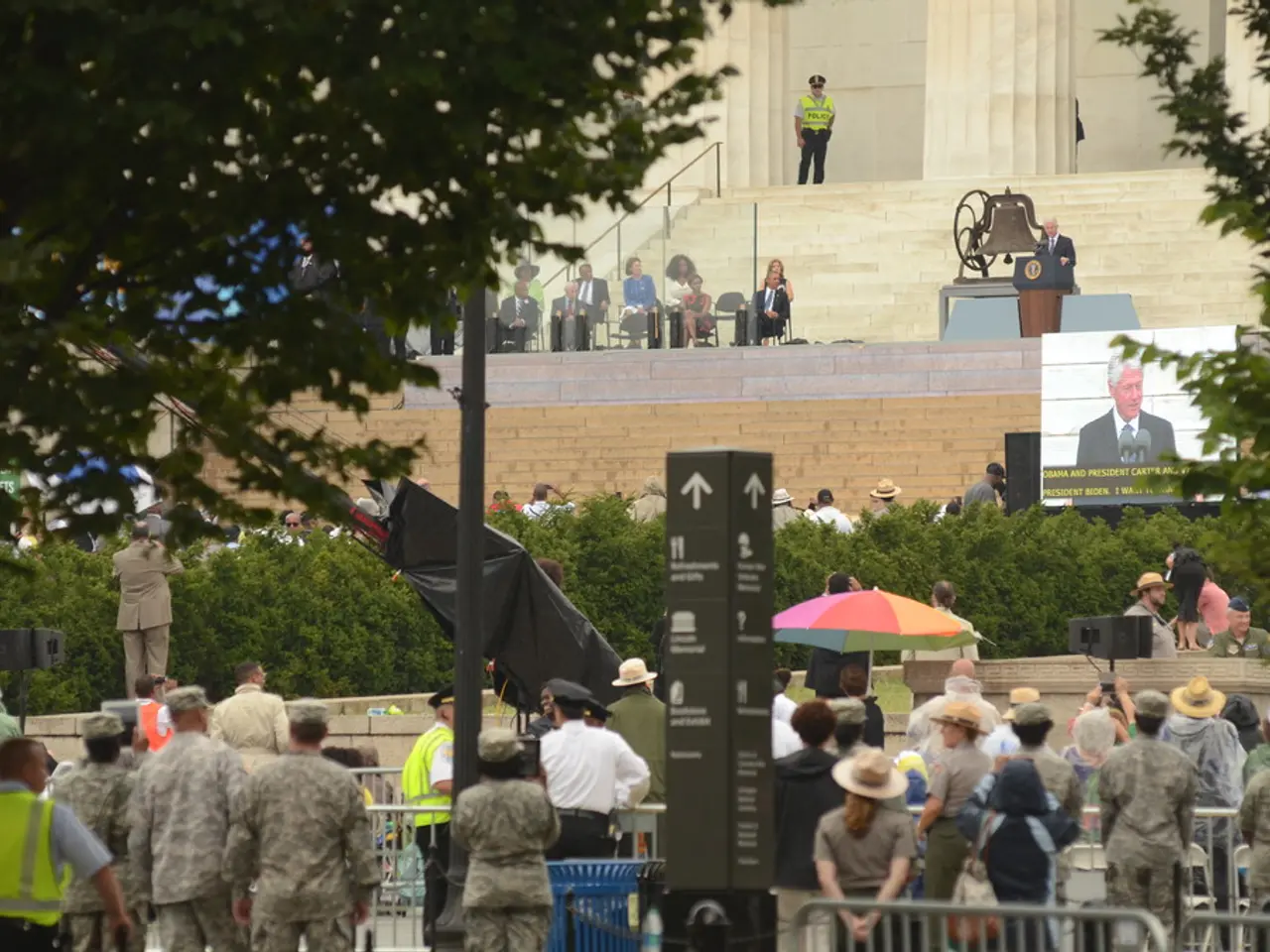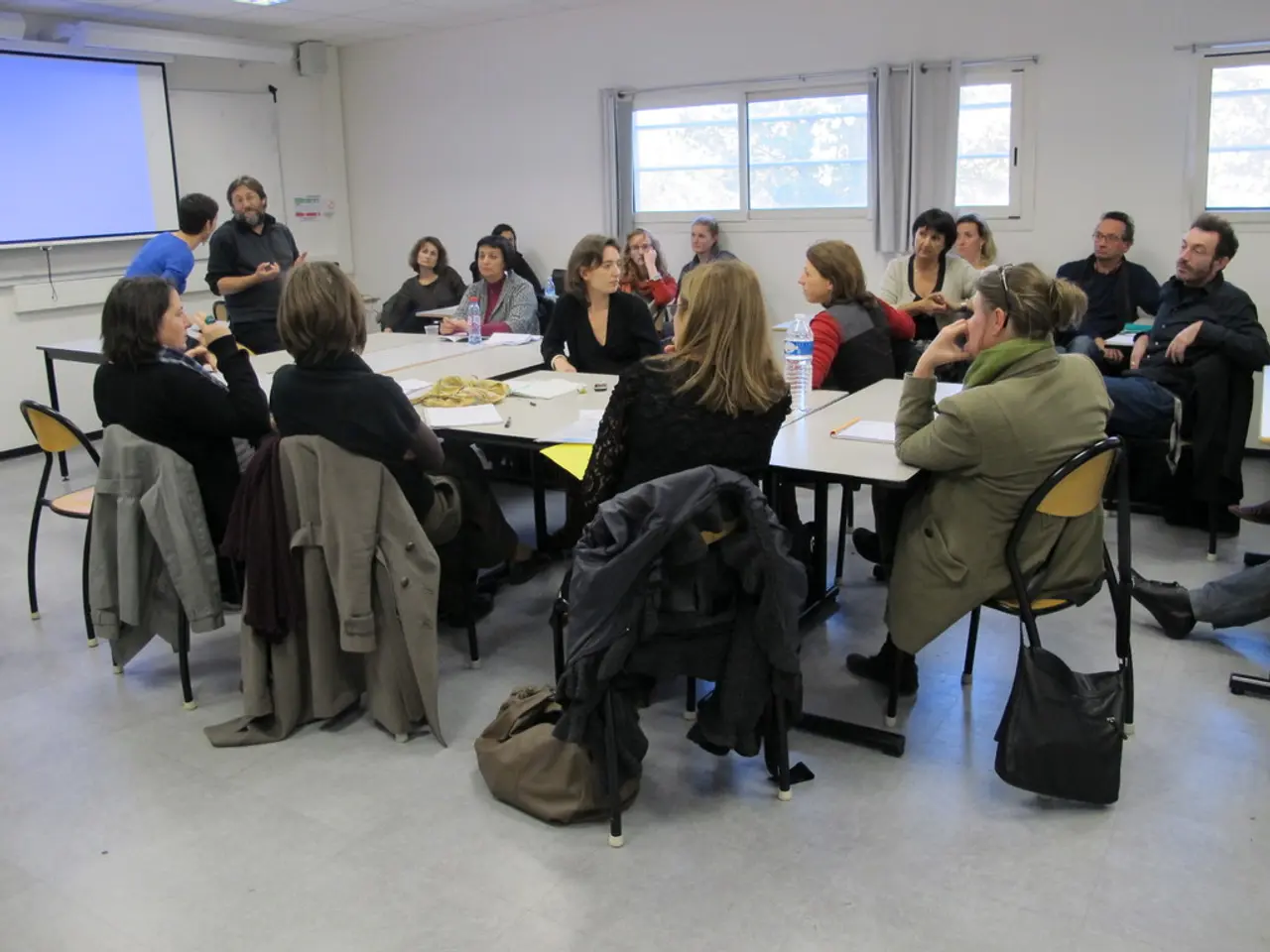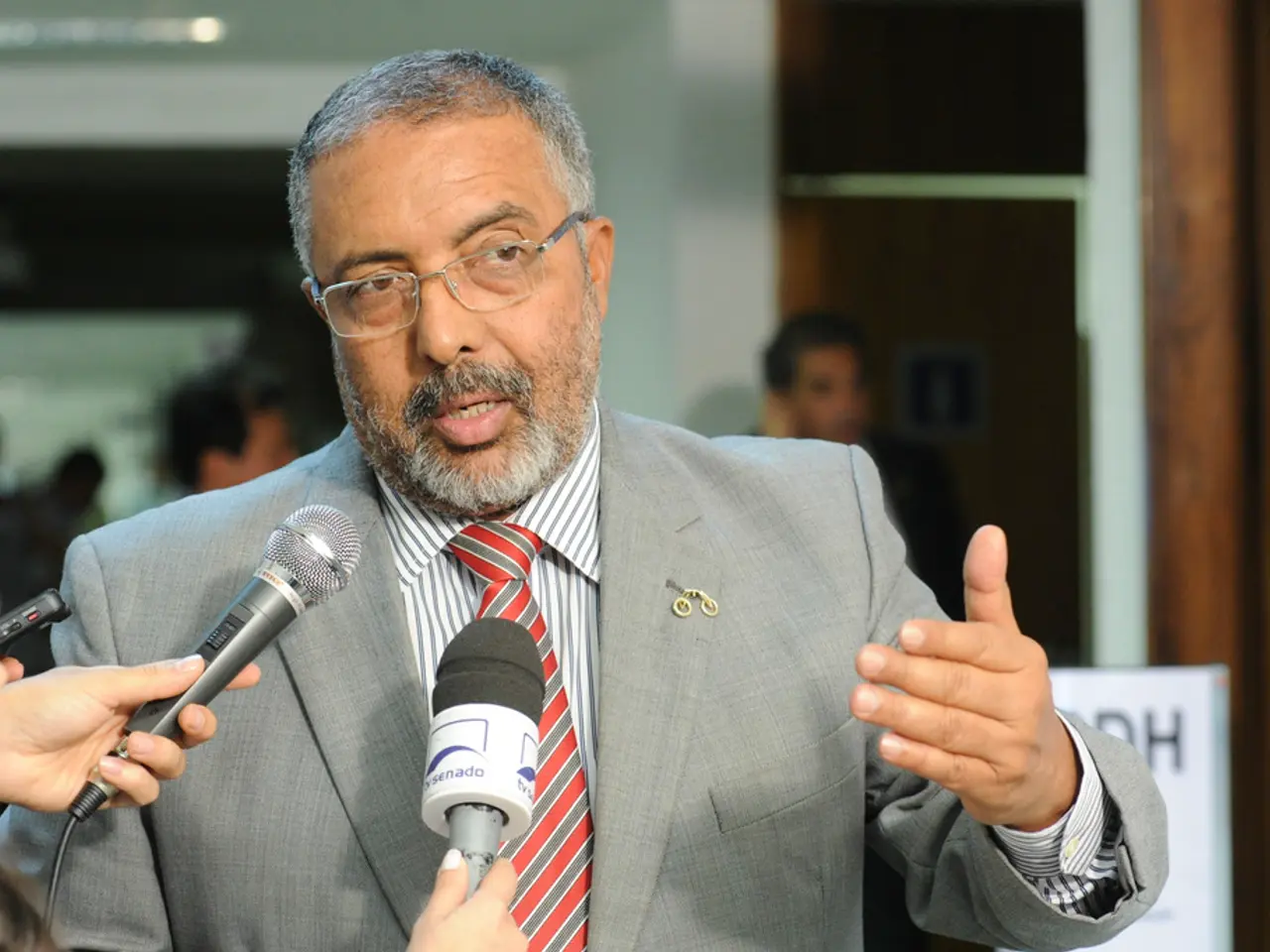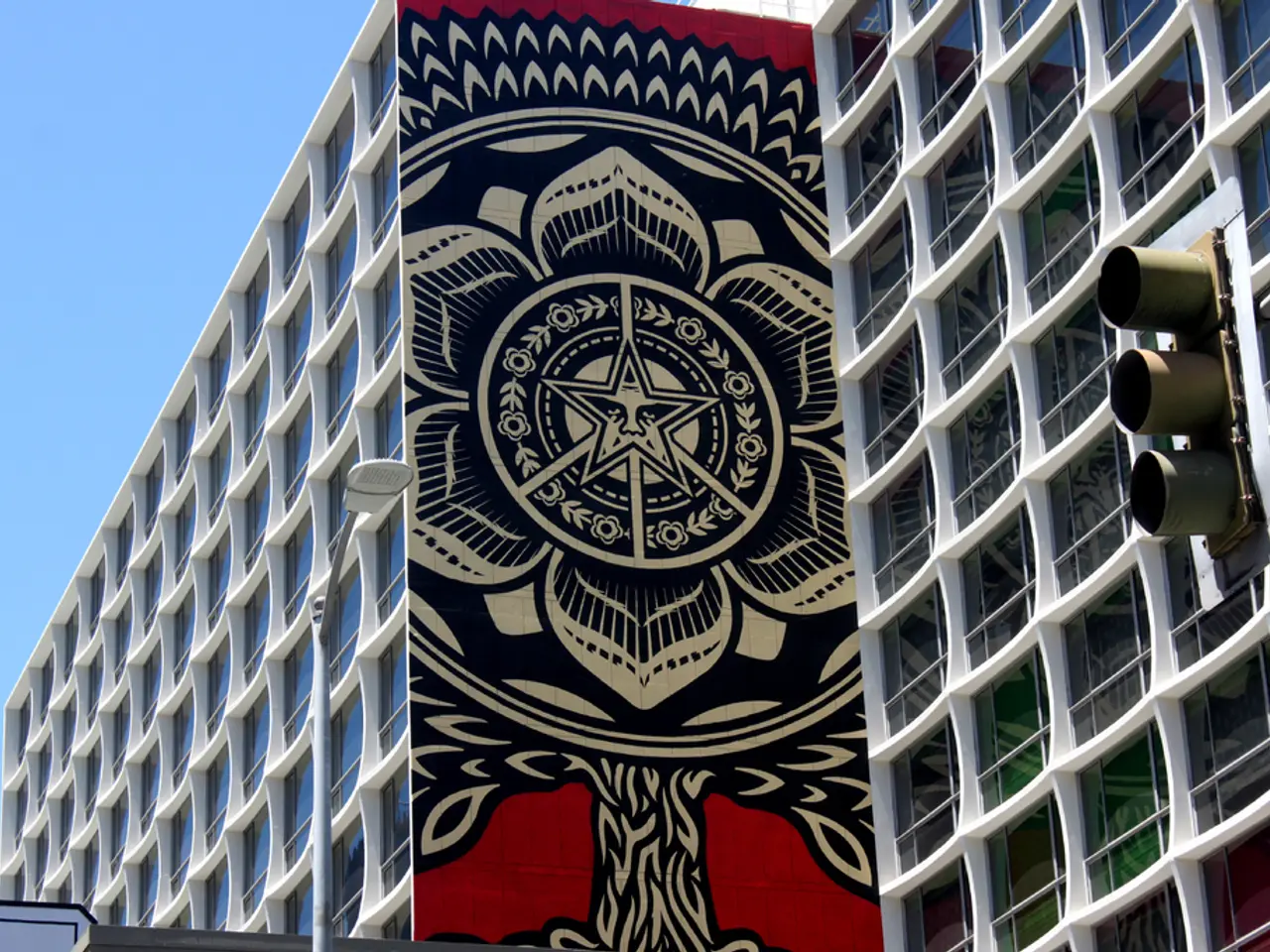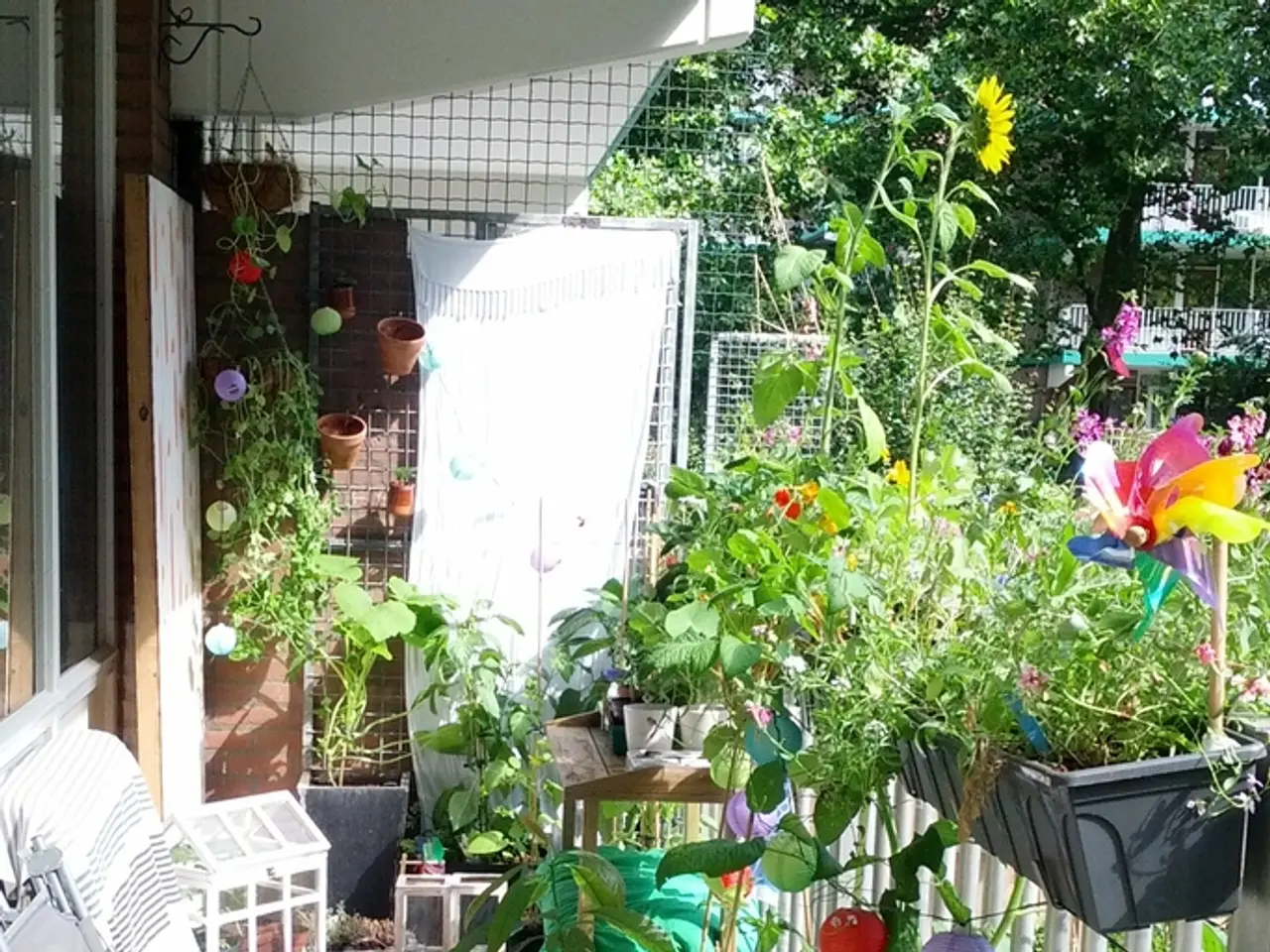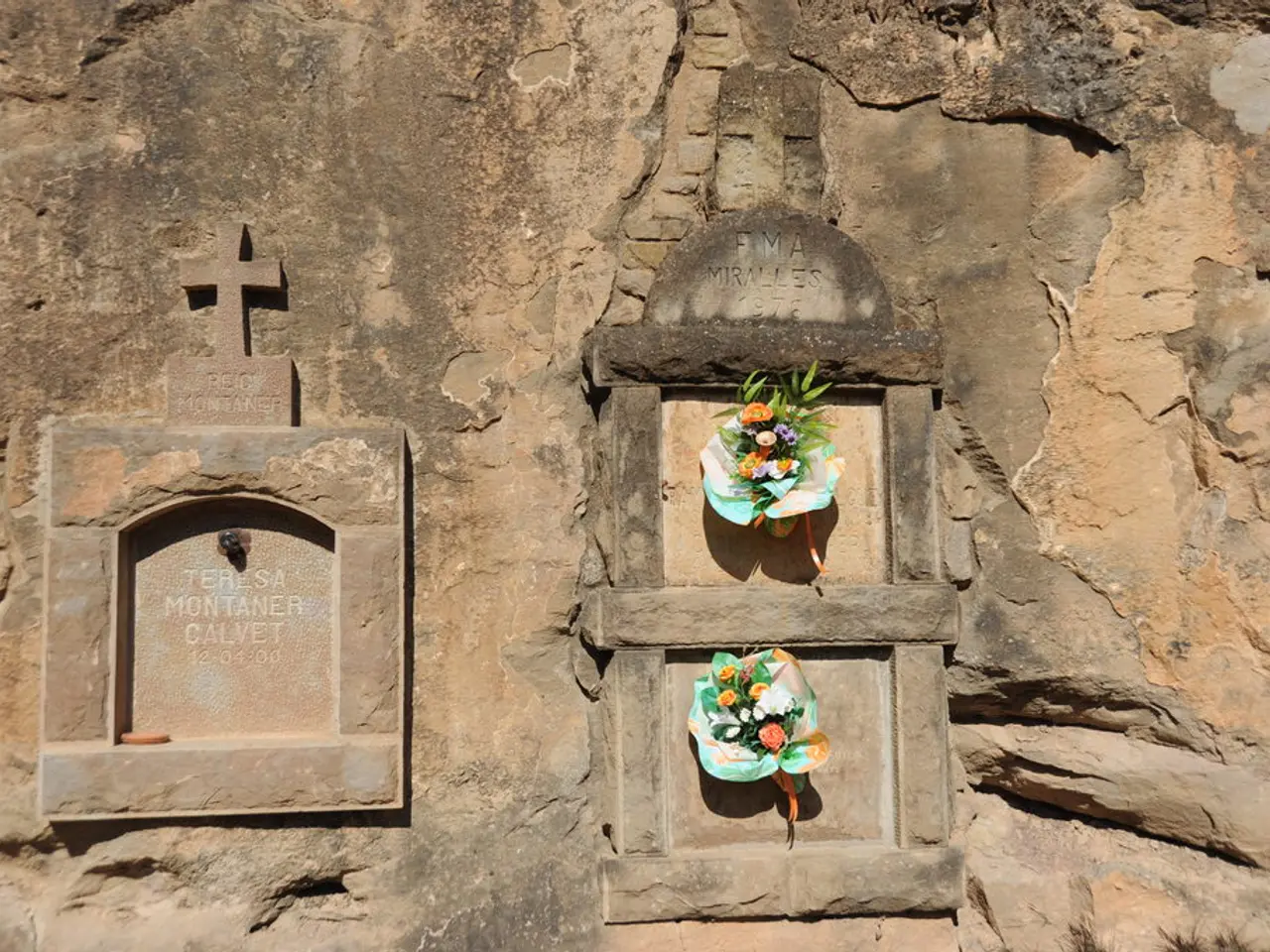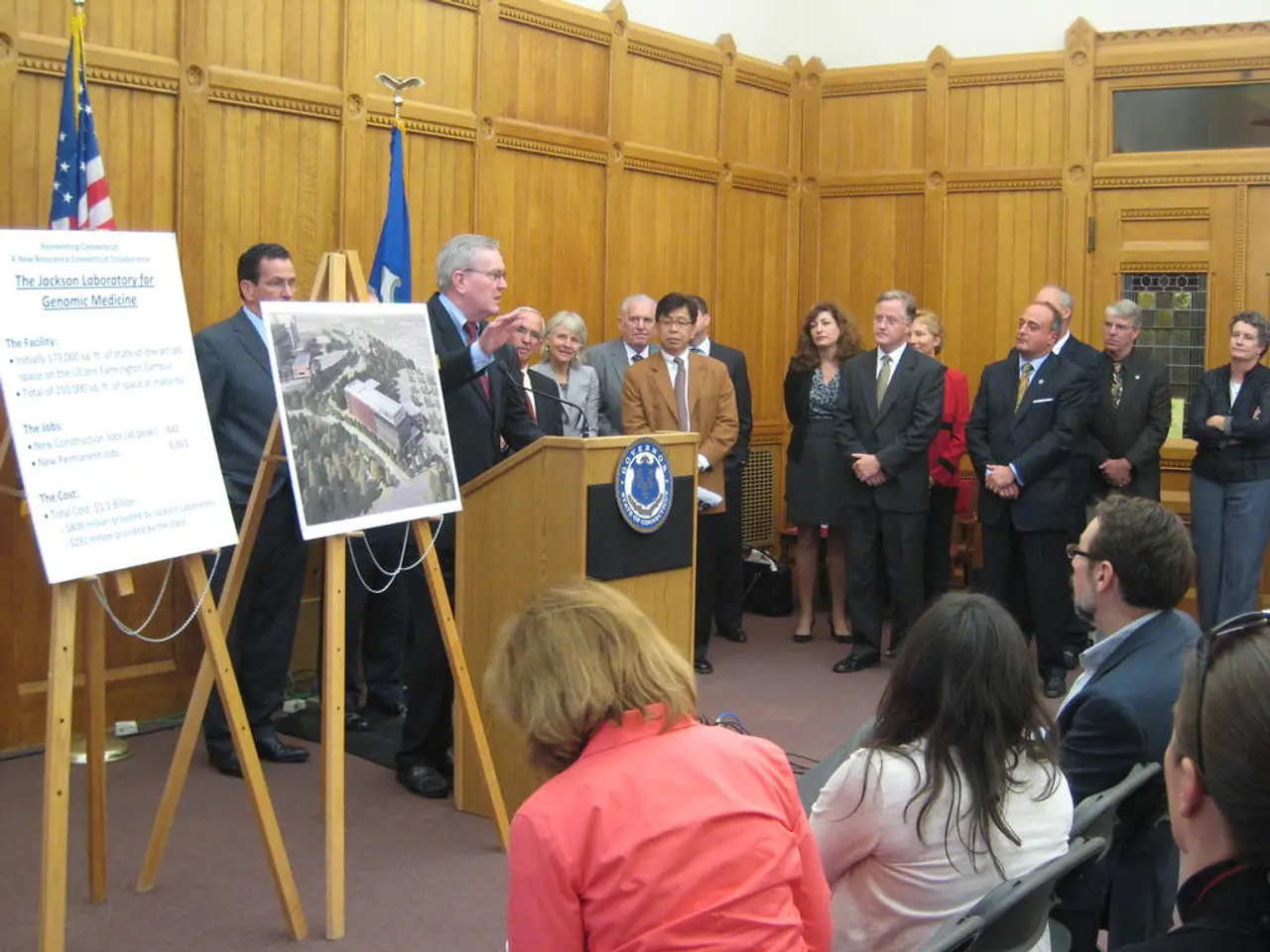Turkey's President Erdogan describes Anatolia as an "open-air museum," emphasizing its historical significance.
=================================================================================
In a significant move, the current Turkish government, led by President Recep Tayyip Erdoğan, is committed to preserving and promoting Anatolia's rich cultural and historical legacy. Erdogan describes Anatolia as an "open-air museum," reflecting its deep historical significance and the government's dedication to understanding and preserving this heritage[1].
The government's strategy encompasses year-round archaeological excavations, restoration of historical sites, combatting cultural artifact smuggling, and promoting archaeological excellence and cultural tourism. The number of excavation directorates in Turkey has surpassed 250, with excavation periods extended from 90 days to continuous operations, revealing new insights from sites spanning prehistoric caves to classical-era cities[1].
Restoration projects are underway or planned for iconic structures such as the Galata Tower, Maiden’s Tower, Haydarpaşa and Sirkeci train stations in Istanbul. These efforts aim to revive their cultural and functional roles[1]. The "Legacy for the Future" program, run by the Ministry of Culture and Tourism, focuses on preparing detailed restoration plans for critical heritage sites such as the Ebu’l Menuçehr Mosque—Anatolia's first Turkish-built mosque, located in the Ani archaeological site[3].
The government is also actively working to repatriate historical artifacts illicitly removed from the country, reinforcing the protection of cultural property[1]. Turkey ranks first globally in both surface and underwater archaeological exploration, unveiling Anatolia’s ancient past and promoting it as a cultural treasure for humanity[1].
Sustainable restoration practices are being adopted to maintain architectural and cultural identity over time. While not detailed specifically for Turkey’s government strategy, scholarly analysis notes that Turkey has made progress in adopting participatory and sustainable approaches to heritage preservation[2].
The digitization of photographic archives, such as those documenting Ottoman architecture and Balkan heritage, supports cultural memory preservation, showing a broader commitment to safeguarding intangible heritage alongside physical restoration efforts[5].
President Erdogan believes that his administration is investing significant effort to preserve Turkey's cultural and historical treasures. He expressed hope that his administration will continue to be in the lands of Anatolia until the apocalypse[6]. Anatolia has hosted many states throughout history, and beliefs and cultures are intertwined in the region, shaping the collective memory of humanity[7].
One of the most significant historical sites in Anatolia is Göbeklitepe in Şanlıurfa province, which dates back 7,500 years before the Egyptian pyramids[8]. Efforts are also being made to recover smuggled artifacts from Turkey to further enrich the understanding of this ancient past.
With these comprehensive efforts, Turkey is not only preserving its cultural heritage but also promoting it as a global cultural treasure, inviting the world to explore and learn from the rich history of Anatolia.
- The Turkish government's preservation strategy encompasses politics and general-news topics, including archaeological excavations, restoration of historical sites, combatting cultural artifact smuggling, and promoting archaeological excellence and cultural tourism, ensuring Anatolia's past is effectively showcased to the world.
- As part of the government's comprehensive approach, President Erdoğan's administration is actively working on repatriating historical artifacts, a move that highlights their commitment to politics concerning cultural property and general-news stories about the protection of Anatolia's heritage.
